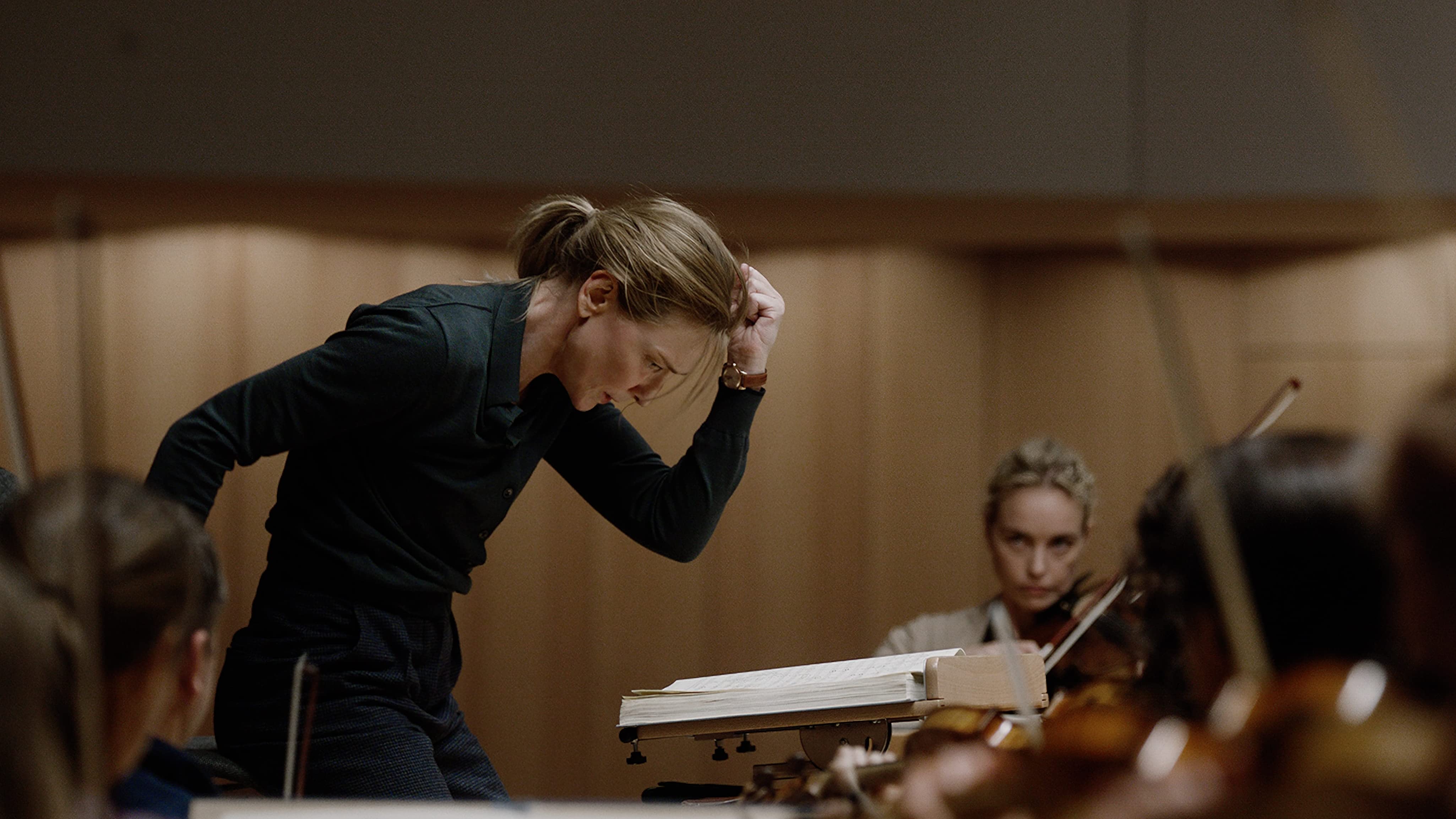Janacek changed so many things for me
NewsThe English composer Isobel Waller-Bridge has come to music by unconventional routes, neither modernist nor academic.
Her discovery of Leos Janacek as a transformative influence is unusual as much as it is exciting. The next two musical guides she names are Gyorgy Kurtag and Francis Poulenc.
Makes you want to hear more.
Sister act








Comments